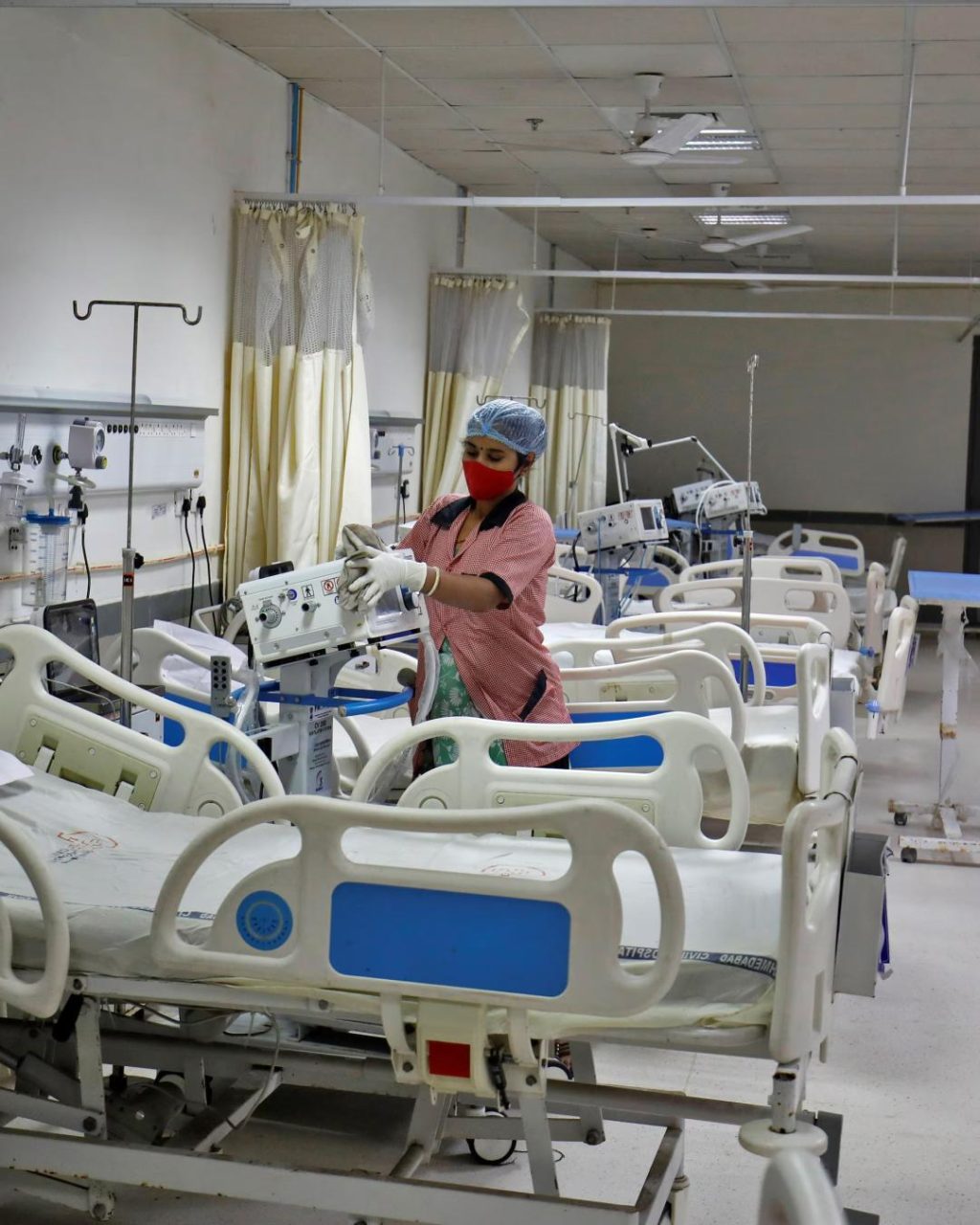
UP Hospital to Use AI Mattresses to Alert Doctors When Vitals Drop
In a groundbreaking move, the GSVM Medical College in Kanpur, Uttar Pradesh, is set to revolutionize patient care by installing AI-based smart mattresses for critically ill patients. According to a recent report by News18, these smart mattresses will automatically send an alarm and a red alert to doctors and nurses via mobile or computer if a patient’s condition worsens.
The initiative is aimed at ensuring timely intervention and improving patient outcomes. With the installation of these cutting-edge mattresses, the medical college is expected to become a pioneer in the use of artificial intelligence (AI) in healthcare in the country.
According to Principal Dr. Sanjay Kala, the medical college is preparing to install ten AI-based smart mattresses, each costing around ₹5 lakh. The mattresses will be equipped with advanced sensors that can monitor a patient’s vital signs, such as heart rate, blood pressure, and oxygen saturation, in real-time.
The sensors will be connected to a central monitoring system, which will alert doctors and nurses if any of the vital signs drop below a predetermined level or show an unusual pattern. The alarm will be sent via mobile or computer, allowing medical staff to respond promptly and take necessary action to stabilize the patient’s condition.
The use of AI-based smart mattresses is expected to have a significant impact on patient care, particularly in critical care units where timely intervention is crucial. According to Dr. Kala, the mattresses will help doctors and nurses to identify potential complications early on, reducing the risk of adverse events and improving patient outcomes.
The introduction of AI-based smart mattresses is also expected to reduce the workload of medical staff, who often have to monitor patients’ vital signs manually. With the mattresses taking over this task, medical staff will be able to focus on more critical aspects of patient care, such as providing emotional support and developing treatment plans.
The initiative is also expected to reduce the risk of human error, which is a common problem in healthcare. Manual monitoring of vital signs can be time-consuming and prone to errors, particularly during night shifts or when medical staff are busy with other tasks. The use of AI-based smart mattresses will eliminate the risk of human error, ensuring that patients receive timely and accurate care.
The installation of AI-based smart mattresses is part of the medical college’s efforts to modernize its infrastructure and improve patient care. The college has been investing heavily in technology and infrastructure to ensure that its patients receive the best possible care.
The use of AI-based smart mattresses is not limited to the GSVM Medical College. Several hospitals and healthcare institutions around the world are already using similar technology to improve patient care. The technology has been shown to be effective in reducing patient mortality rates, improving patient satisfaction, and reducing healthcare costs.
In conclusion, the installation of AI-based smart mattresses at the GSVM Medical College is a significant step towards improving patient care in India. The technology has the potential to revolutionize patient care, particularly in critical care units, and reduce the risk of adverse events. As the medical college continues to invest in technology and infrastructure, it is likely to remain at the forefront of patient care in the country.






